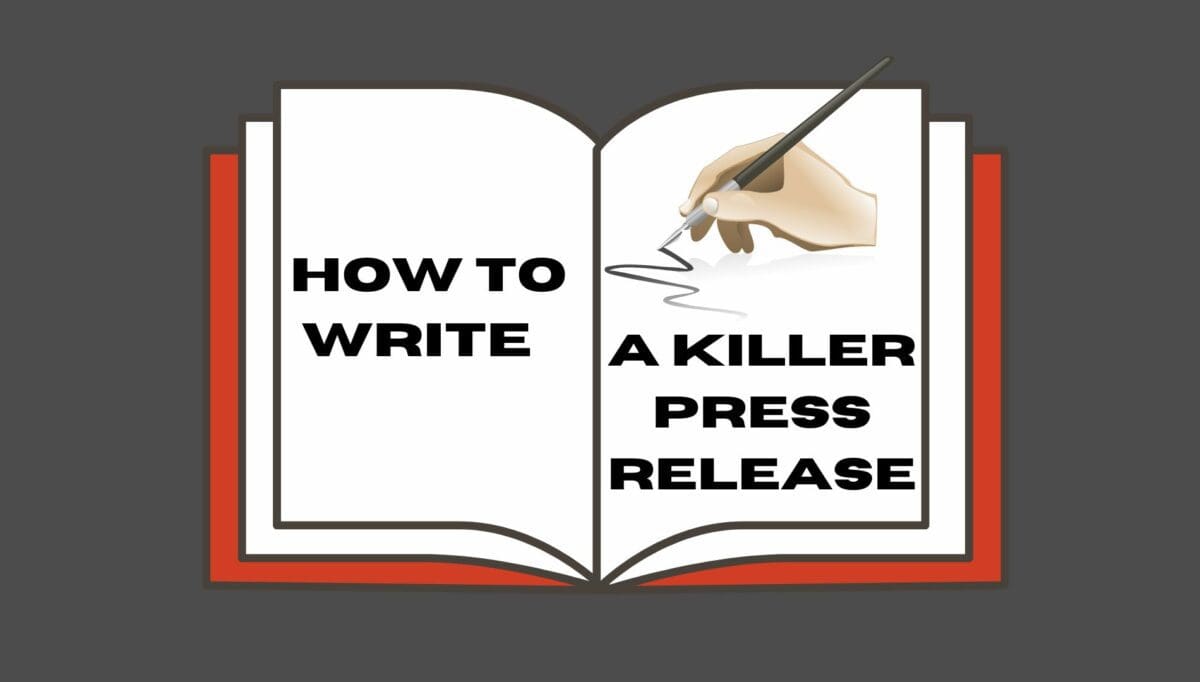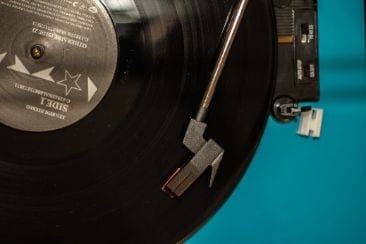Planning a release is one of the most time-consuming activities in any musician’s career. It requires music marketing, networking, music PR, sending emails, preparing music formats, and making numerous phone calls. The process could take anywhere between a few weeks to several months. It can be exhausting and easily wear you out, but if done right, the rewards will be worth it.

Not so fast – We can help!
Do you need help accelerating your career?
Grow your earnings and audience with Artist Development
Learn moreWhether you are releasing a single, EP, album, mixtape, or compilation, there are a few things you should do to make the best of your release. In this article, I will take you through how to release music, and a checklist of activities you need to make your release a success.

When Is the Best Time to Release An Album, Single Or EP?
One of the most critical activities is to determine what time of the year, month, week, day and even hour to release your music. This requires analysing each project to determine the timing it is best suited for. A simple example is releasing a Christmas song in February. This would be impractical, since the song would work better if released for the holiday season in December. If a song/album speaks about summertime, it may not be the best idea to release it during winter. Depending on the theme around a project, you can pick where in the calendar it fits.
It is a good idea to write up a release plan or checklist, indicating the release date and schedule of activities for the release. You can break down the schedule of activities into three main time periods, pre-release, release day and post-release. I will now discuss some of the activities to include in your checklist.
Pre-Release Activities
Set a Release Date
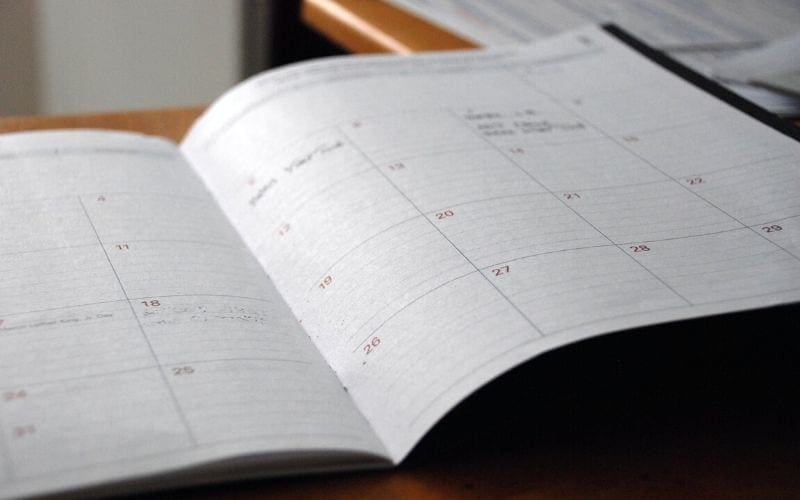
Once the music has gone through the production and post-production process, there are several things to do before release. You need to take this into consideration while determining the release date to allow enough time to achieve the necessary pre-release activities. For a single release, I would recommend setting the release date one-and-a-half to 2 months away from the time you are writing up your release plan. Larger projects like albums, mixtapes or compilations may need more time, since they involve more work, say 3 to 6 months.
Budget
Once you write down your release plan, do some research and find out what the cost implications of the activities are. This will save you a lot of time, money, and inconvenience.
Artwork - Album/Cover Art
Since the artwork accompanies the audio files quite often, the artwork needs to be prepared early enough. Depending on the kind of artwork your project requires, other activities may be required to complement the artwork. For example, if you intend to use your artist image in the album art, you may require a photo shoot, which may need planning for. Say you are outsourcing the cover art design to a graphic designer. You need to find out how long they would normally take. Ensure to account for these activities when setting the timeline for your release. You could allow for one or two weeks to complete the artwork, especially if it involves other activities to get it done. Read more on developing your album art.
Preparing Your Music
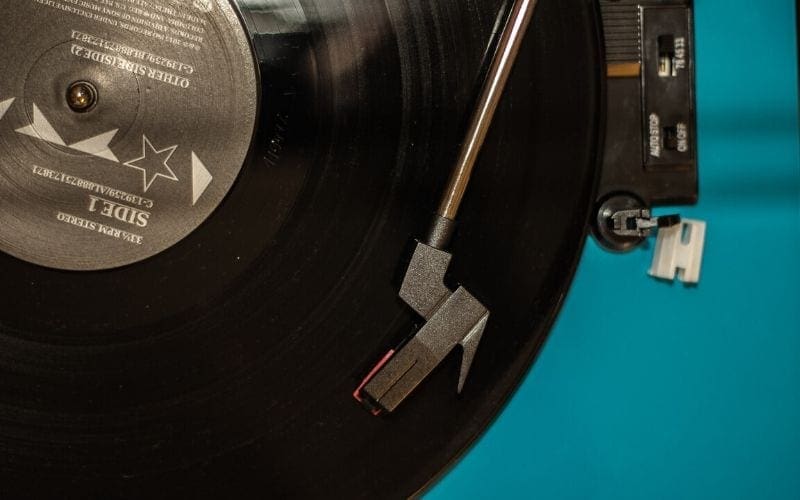
When releasing music, different streaming platforms and avenues require different formats of music. For example, avenues that place emphasis on high quality may require audio files in wav format, while for sending audio over the internet, mp3 may work better due to convenience in file size. Having a music converter may come in handy, and you can look up and download one on the internet. You may also require radio edits when planning for a radio release. Preparing these in advance could prove prudent. It is also crucial to ensure the metadata on your music is properly filled in before sending it anywhere. This is especially important for radio and TV to help distinguish your music from other audio files.
For EP’s, albums, mixtapes and compilations, you will need to prepare and allow time for reproduction if you are making physical copies (CDs, DVDs, or Vinyl). In some cases, you may also need to make physical copies of a single (some radio and TV stations still prefer these formats). Depending on how many copies are being made, among other factors, the process could take anywhere from 1 or 2 days to a week or so.
Merchandise
If you intend to incorporate merchandise in the promotion of your project (and it is a good idea to do so), you will need to plan this ahead of the release date. Find out the cost implications of making your merchandise and how long it takes to have it ready. I would recommend preparing 2 to 3 weeks before the release date.
Distribution
It is now simpler than ever to get your music to online music stores and streaming services around the world. For any artist looking to reach a global audience, distribution has become an essential route to take. Getting your music on iTunes, Apple Music, Spotify, Deezer, Tidal among other platforms is a good start at establishing your artist brand on the international scene. You can easily do this through a distributor. For Apple Music, check out our guide on how to upload.
When choosing a distribution service, it is important to consider several factors, including pricing and what features they offer.
Some of the key features to look at in this case are the ability to set a release date and allow for a pre-save or pre-order campaign. This could have a significant impact on your promotion campaign if you plan to have your music on iTunes, Apple Music and Spotify. On iTunes, you can have your fans buy a song/album before the release date. On Apple Music and Spotify, they could pre-save the song/album before it is released.
It is also important to consider how long a distributor normally takes to get music on the stores and streaming services when choosing one. If you plan to incorporate pre-save and pre-order campaigns in promoting your music, it would be best to get your music to your preferred distributor at least one month in advance.
On average, most distributors take around 2 to 3 weeks to get your music to the stores. This would give you about a week or 2 for the pre-save and pre-order campaigns. Several online music stores and streaming services normally release new music on Fridays, it would be good to factor this in when setting the release date.
How To Release Music - Music Distribution Here At Мusic Gateway!
Speaking of which! Our incredible music distribution service gets your music onto all major platforms such as Spotify, Apple Music, and Amazon Music. What's more, you keep 100% of your sales and we don’t get a penny from you.
We also master your music for free to make sure that you sound the best you can before your release. With a free account, you get 2 free songs to start with and you get more based on your plan.
In addition, we offer exclusive sync licensing opportunities and free sync representation. As well as free press, blog and promotional services.
Hopefully, you’ll love what we can do for your career and will want to use some of these other amazing services!
Claim And Update Your Artist Profile On Stores

Updating your artist image and bio on online music stores and streaming services is a helpful step to boost your release. This allows listeners that discover your music, easily find out more about you and potentially become fans. Some streaming services have made this easier for artists through platforms such as Spotify For Artists, Apple Music For Artists, YouTube For Artists, and Amazon Music For Artists.
Once you claim your artist profile through these platforms and your request is accepted, you can instantly update your artist profile on those streaming services. This falls in the pre-release activities only if you have distributed music to online streaming services before. If it is your first time, this would fall under post-release activities since stores do not normally create artist profiles until the artists’ music is distributed to them.
How to Release Music - Prepare Your Press Kit
It is essential to prepare and update your press kit for every project you release. A press kit generally accompanies your music to give more information about your artist brand and the release. Some of the items that go into a press kit include your artist bio, artist images, press release, artist rider and of course, your music. Remember to update your artist bio to include new developments in your career since your last release. Update your artist images to include current photos that best represent your brand. One convenient way of packaging your press kit is creating an electronic press kit (EPK).
Compile Your Mailing List & Send Your Press Release/EPK
You will need to compile a mailing list of whom to send your EPK to. This could include contacts for radio, TV, music magazines and newspaper segments, music blogs, booking agents and event organisers... not forgetting your fans mailing list. It is important to note that compiling your mailing list is a continuous process, and you never stop building your contact list!
The best time to send a press release or your EPK would be 2 to 3 weeks prior to the release date for a single release. This is to allow time for correspondence and planning. A larger project would require more time, and varies depending on where you are sending it. For example, when releasing an album, you may need to send your EPK to venue owners, event organisers and booking agents months in advance if you intend to do a tour.
Build The Hype
Before the release date, you should let your fans know that a new release is on the way. Build the hype towards the new project. You can start sharing the artwork, and teaser videos, among other promotional content on social media. A good time to start this is 1 or 2 weeks before the release date, depending on the size of the project. You can also start preparing promotional content that you will use on and after the release day.
Release Day Activities
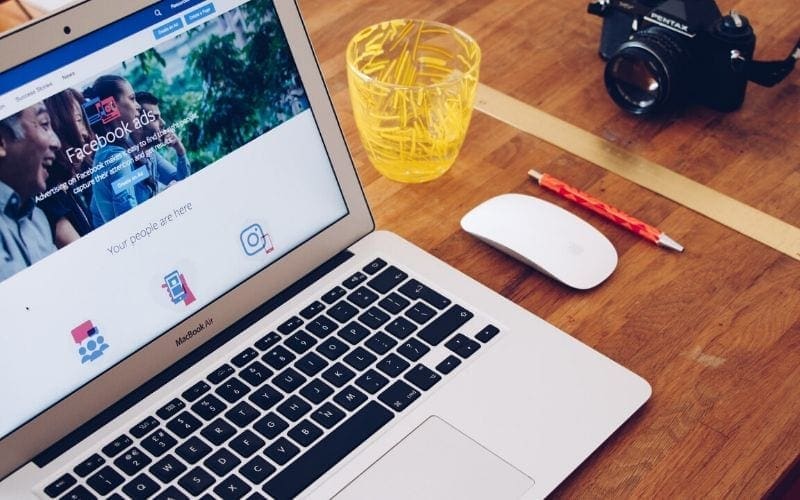
Share Widely
On release day, social media should be your best friend. This is the time to share the much-anticipated music (if you built the hype towards it) as widely as possible. Engage with the excited fans on your posts by liking, sharing, retweeting, and commenting. Send messages, and emails, make phone calls, inform, and remind people in your mailing list about the new release. Remember to update your social media profiles and information on your artist's website.
Set A Premiere Time
YouTube has an interesting feature that allows you to set a premiere time for your song. You can use this to build anticipation for the release, allowing your fans to experience the moment when your song goes live. Using features like ‘premiere your video’ on YouTube, it is advisable to set the hour of release at a time when most of your audience is likely to be online.
Create Ad Campaigns
Paid ad campaigns can work wonders for your promotional campaign. Running ads on social media platforms like Facebook, Instagram and Twitter can help get more sales and streams for your music. Google ads also help you run ad campaigns on YouTube and other Google affiliates. If you feel this is overwhelming, do not be afraid to hire the services of a music promotion company. They could help promote your music in more ways than one. Remember to include this in your budget.
Pitching To Playlists
Now that your music is live in stores, pitch it to playlist curators that feature songs in your genre or a similar style. You will need to have done some research beforehand to have the contacts ready for release day. Spotify offers an opportunity for new releases to get featured on Spotify’s editorial playlists through the Spotify for Artists platform. You can only do this before the song’s release day, so you would want to get your song on Spotify early enough!
Launch Event
A launch event or listening party for your project helps fans have a unique experience and interaction with your new music. Make sure to have the physical copies and merchandise ready for the event.
Post-Release Activities
Many of the post-release activities are a continuation of the pre-release and release-day activities. In the days and weeks following the release, you should keep sharing the music as widely as possible. Get creative on how you share on social media by utilising the promotional content you had prepared. Run different ad campaigns and find more playlists to pitch your music to.
Follow Up And Response
Once your music is out there, it is a good time to follow up on any contacts that you have sent your EPK. Find out if they have heard your music and what they think of it. Do it in a way that does not come off as spamming or nagging. A follow-up email after 2 weeks could be good enough timing. Respond to the media platforms that feature your music (as many as you can) to show your appreciation. A little could go a long way.
Tour

Communication is probably your strongest suit when planning a tour. Get in touch with the venues you will be playing early enough to coordinate better. Have the physical copies of the music and merchandise ready so you can incorporate them into your tour. Read more on how to plan your tour.
Registration Of The Music With Relevant Bodies
You should register your music with the relevant performer’s rights organisations and collection societies so that you do not miss out on any revenue your music generates. Working with a publisher may help you collect more revenue from your music.
How To Release Music - Summary
Releasing your music could prove to be a hectic affair and may take up a lot of your time. However, the better you plan, the more likely it is to be a success. Write down your release plan and include the activities above in your planning. Set out goals you would like to achieve with your release and measure your success at the end of your release campaign. Good luck!
If you have songs that you want to share with the world – we want to help boost your career and get them noticed, including marketing, promoting your music and improving your streaming presence! Also, check out our Sync opportunities page to get your music in TV and Film.






